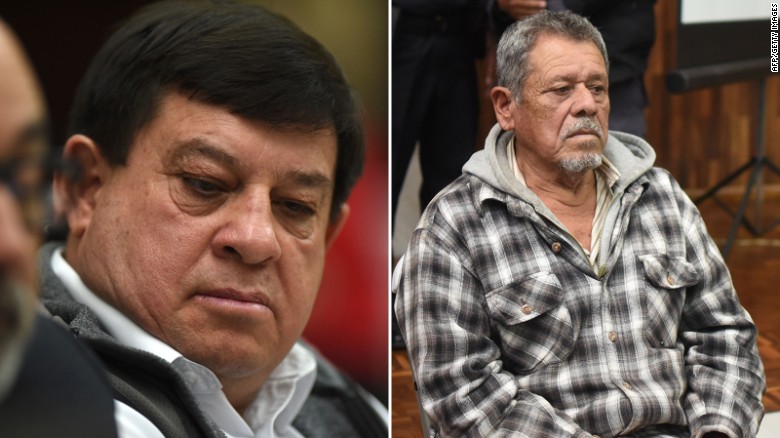By Samuel Miller
Impunity Watch Reporter, North America and Oceania
WASHINGTON, D.C., United States of America — Saudi Arabia has accepted the transfer of nine Yemenis from the U.S. prison at Guantanamo Bay, Cuba, including a onetime associate of al Qaeda and the Taliban who personally knew Osama bin Laden, as well as a prisoner on a hunger strike. All the men released this week were Yemeni nationals but could not be sent back to their homeland due to the ongoing conflict in the region.

The decision to make the transfer came after six government agencies reviewed the plan.
Cliff Sloan, who served as the State Department envoy for negotiating detainee transfers in 2013 and 2014, stated: “There have been a lot of discussions with the Saudis over the last few years, and they have been emphatic that it was very important to close Guantánamo. They wanted to help with that. But the one thing they weren’t willing to do for a long time was actually accept Yemenis. That’s why this is a major breakthrough.”
In a press release, the Pentagon emphasized: “The United States is grateful to the government of the Kingdom of Saudi Arabia for its humanitarian gesture and willingness to support ongoing US efforts to close the Guantanamo Bay detention facility.”
The prisoner transfer is seen as part of an effort by President Barack Obama’s administration to release detainees considered low-risk while transferring the remainder to the US in a bid to eventually close the notorious prison by the end of the year. With the most recent release, there are still 80 prisoners remaining at Guantanamo. Another 26 men are expected to be sent to their home countries or to another country outside the US by the end of the summer.
The transfer also clears another statistical milestone for the Obama administration: there are now more detainees approved to leave Guantanamo, 26, than there are so-called forever detainees, a term lawyers use to describe those whom the administration has insufficient evidence to charge but claims are too dangerous to release.
There are currently 22 so-called forever prisoners, each of whom are expected to remain confined even if Obama succeeds in his goal of closing the Guantánamo detention center.
But many in the US Congress continue to oppose plans to close the facility or move any prisoners to the US. Members of Congress have vowed to block any attempt to transfer prisoners to the U.S. from Guantanamo, and House Republicans have retained a law firm to challenge the president if he attempts to close the facility by executive order before his term expires.
The Saudi-owned television network Al Arabiya has reported the nine prisoners have already arrived in Saudi Arabia. The men will be enrolled in a program where they will be de-radicalized through discussions on religion, the network said.
For more information, please see:
BBC News – Guantanamo Bay: Nine Yemenis released to Saudi Arabia – 17 April 2016
Bloomberg – U.S. Transfers Nine Guantanamo Bay Prisoners to Saudi Arabia – 16 April 2016
CNN – Nine Guantanamo detainees transferred to Saudi Arabia – 16 April 2016
DW – US transfers 9 Yemeni prisoners from Guantanamo Bay to Saudi Arabia – 16 April 2016
NY Times – 9 Guantánamo Prisoners From Yemen Are Sent to Saudi Arabia – 16 April 2016



